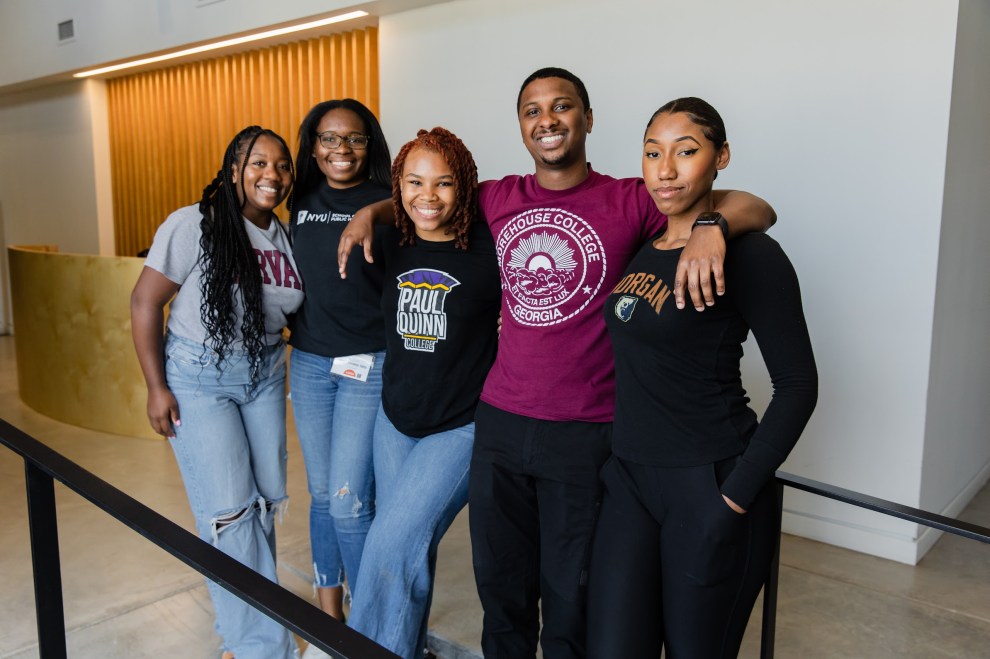Today, HBCU.vc, a nonprofit organization, and Nex Cubed, a venture accelerator that established a $40 million fund specifically for founders from historically black colleges and universities (HBCUs), announced a venture scouting alliance aimed at assisting in the development of the next wave of black venture capitalists.
Nex Cubed has taught more than 700 students through its nonprofit foundation and HBCU.VC provides fellowships and an angel investment network to HBCU students and graduates.
Nex Cubed CEO Marlon Evans told TechCrunch, “Instead of reinventing the wheel and setting up a separate program targeted at HBCUs, we decided to team up with HBCU.vc and provide them an opportunity to go beyond their fellowship program to provide their fellows with real-life experiences working with a VC firm.”
The COO of HBCU, Chelsea Roberts, expressed her hope that this collaboration will provide HBCU students and alums with additional possibilities to engage with technology. To guarantee that HBCU talent is treated equally, she stated, “that means doing so with resources and having key stakeholders and players in this industry support them.”
Scout programs provide organizations access to talent and potential transactions, and they are a terrific way to assist budding investors in developing their track records and relationships. HBCU.vc fellows and graduates will get mentoring on various topics throughout this scouting program, from conducting due diligence to writing investment memoranda. According to Nex Cubed, if a business they sourced receives funding, the fellows will also get a portion of the fund’s carry.
It is well known that broadening the pool of investors would increase the share of cash available to marginalized entrepreneurs. Black entrepreneurs now comprise fewer than 5% of investors and only receive 1% of venture capital investment annually. In addition to historically serving as breeding grounds for black brilliance, HBCUs are sometimes disregarded when finding talent in the tech and business sectors. Since most African Americans were not allowed to attend the then-existing, predominately white institutions, they were founded in the 1800s as a venue to educate them.
With institutions like Howard University and Clark Atlanta sometimes mentioned as Black Ivy League universities, there are currently more than 100 HBCUs. 25% of African-American STEM graduates come from HBCUs; many are alums of Howard University, Spelman College, and North Carolina A&T State University.
More organizations are working with this demographic besides Nex Cubed and HBCU.vc. Nine HBCUs will receive a $10 million donation from the Historical Fund, a fund-of-funds, to assist with venture capital investments. Investor Lo Toney of Plexo Capital also attempted to get other venture capital companies to use HBCUs as limited partners.
According to Evan, to ignore HBCUs is to ignore innovation’s future.
According to his investing thesis, “Those with first-hand experience of some of these issues will be the ones who can come up with some of the most creative solutions to address them.” Ensuring we don’t pass up this enormous talent pool is a budgetary imperative.







































